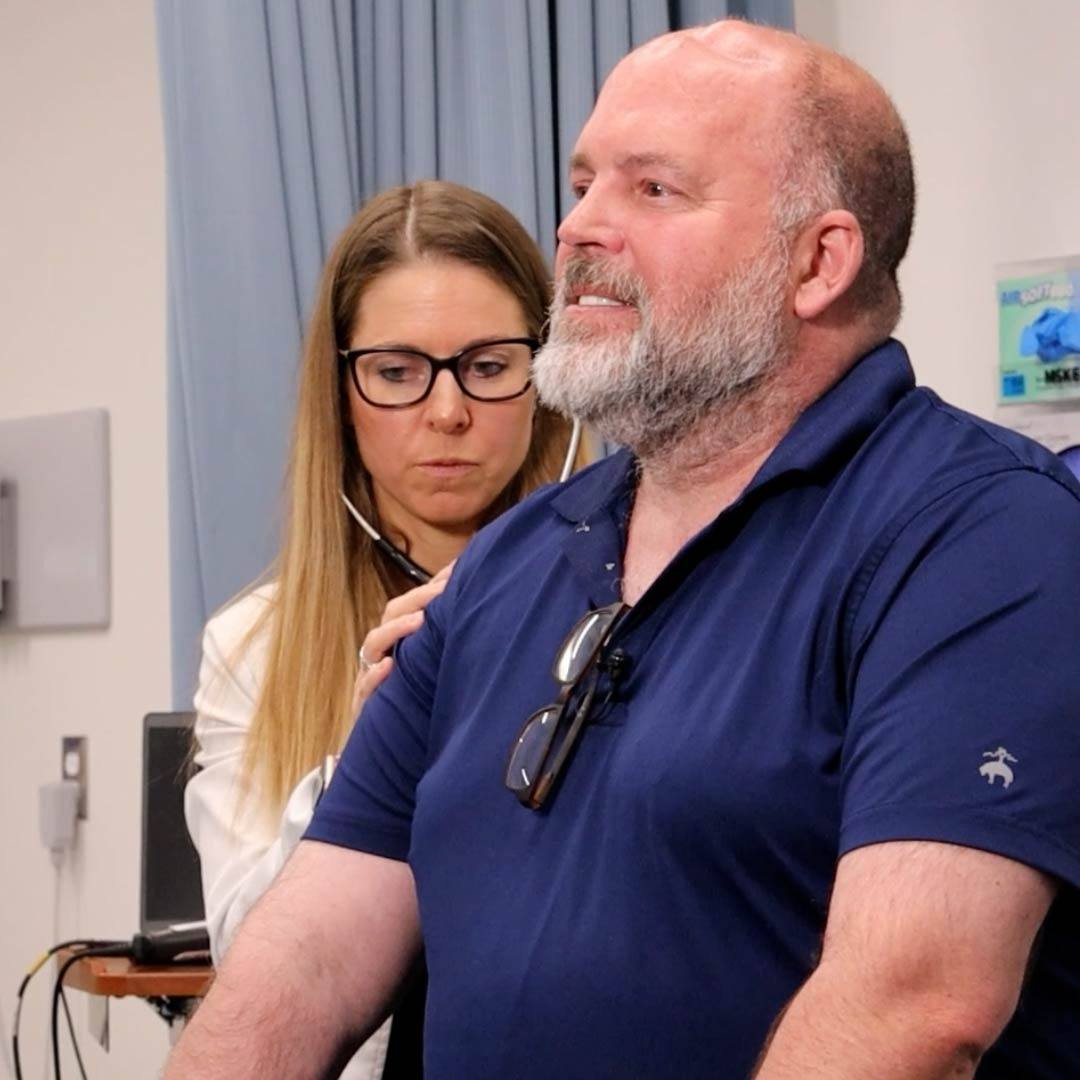-

Burnout Equal Among Inpatient & Outpatient Doctors, Mayo Clinic Study Finds
SCOTTSDALE, Ariz. — The perception that doctors who are based in hospitals burn out quicker than doctors in outpatient settings is just wrong – doctor burnout happens equally, according to a new Mayo Clinic study, published in the November issue of the Journal of Hospital Medicine.
MULTIMEDIA ALERT: Video of Dr. Roberts is available for download from the Mayo Clinic News Network.
Researchers at Mayo Clinic reviewed 54 burnout studies worldwide to see if there is any validity to the longstanding belief that practicing in the hospital incites greater burnout. The studies included data from more than 5,000 outpatient physicians and more than 1,300 inpatient physicians.
Burnout is defined in the study as a syndrome affecting the entirety of work life and characterized by cynicism, detachment and inefficiency. The Mayo Clinic study looked at these factors to determine overall burnout. While there were slight differences in the effect of burnout of inpatient and outpatient doctors, overall burnout was equal.
"Burnout is everywhere and if you look for it you'll find it," says Daniel Roberts, M.D., an Internal Medicine physician at Mayo Clinic Hospital in Arizona and lead author of the study. "What this study tells us is that it is as much a problem for clinic-based doctors as it is for hospitalists and others who work in shifts. It's a little reassuring to find that hospitalists aren't particularly prone, but it's more concerning how burnout spans different specialties and practice locations."
The studies reviewed in this research represented a board range of burnout related issues, various physician specialties and diverse inpatient and outpatient settings. Although the Mayo Clinic study focused on the difference between the two groups, past studies have suggested factors both leading to and avoiding burning.
Factors contributing to burn out include:
- High patient volumes
- Paperwork
- Lack of a supportive community
Factors that can help avoid burnout include:
- Collegial, cooperative work environments
- Age (older physicians tend to have less burnout)
- Access to continuing medical education
Dr. Roberts said that more research is needed to review the incidence and severity of burnout in each practice location.
###
About Mayo Clinic
Mayo Clinic is a nonprofit worldwide leader in medical care, research and education for people from all walks of life. For more information, visit MayoClinic.com or MayoClinic.org/news.
Journalists can become a member of the Mayo Clinic News Network for the latest health, science and research news and access to video, audio, text and graphic elements that can be downloaded or embedded.
Media Contact: Jim McVeigh, Public Affairs, 480-301-4222







